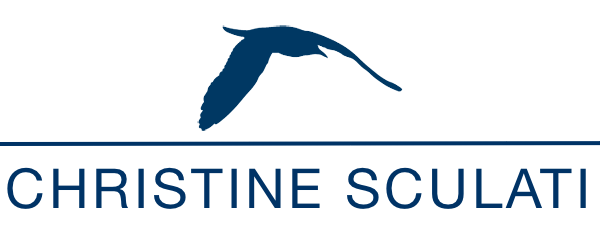12 tips for nonprofits seeking grant money
Are you wondering how to connect with grant makers in today’s increasingly competitive environment?
The key is to understand what motivates funders to connect with your cause and how your project’s fit in to their funding priorities and initiatives. The Foundation Center, a nonprofit resource for grant seekers, offers a valuable way for nonprofits to gain these critical insights. They offer classes and access to databases through their San Francisco library as well as cooperating collections, like the Berkeley Public Library.
The main library in downtown Berkeley was the venue for a recent Foundation Center event. As part of Health and Human Services month, the Foundation Center invited representatives from three East Bay funding organizations to speak to nonprofit grant seekers. They described their funding guidelines, how to introduce your organization’s work to them and tips on submitting your proposal, if there is a fit.
The Panelists:
The panelists came from a variety of backgrounds and perspectives: one from a government agency, one from a corporate giving program and one from a nonprofit health organization.
- Mark Friedman, Chief Executive Officer of First 5 Alameda County
- Susan Houghton, Director of Public Affairs and Government Relations for the Northern California Division of Safeway, Inc. and Safeway Foundation
- Angela Jenkins, Community Benefit Manager for Kaiser Permanente’s East Bay Community Benefit Program
12 tips for nonprofits seeking grant money
I created a list of tips shared by the panelists.
- When you apply for a grant, a real person is reviewing your application. If you address it “Dear Recipient,” it will go into the trash.
- Funders might have more than one giving mechanism (foundation grants, employee giving program, corporate charitable giving, event sponsorships, etc.). Figure out the best point of entry for your project or program.
- When contacting a funder, be sure to find out what method they prefer. For example, a funder might prefer initial contact by phone, email, letter or online inquiry.
- Before you contact a funder, do your homework. All of the panelists pointed to their websites for guidance on grantmaking and giving priorities.
- After you receive a grant, be sure to stay connected with your funders. After your last grant or contribution, did you send an update? Send a photo? Invite the funder to an event? Involve employees (in the case of a corporate giving program) to be involved in your work?
- Does the funder require that your program follow evidenced-based approaches (i.e., informed by scientific research) or have measurable results? Or are they more interested in you trying something innovative and new to solve a problem?
- Does your program’s objectives or goals align with the strategic plans of the funder?
- Have you asked your current funders for introductions to other potential contributors? Will they consider co-hosting a funder briefing?
- Is your GuideStar.org listing up-to-date?
- Choose your board members wisely.
- Don’t be shy about developing relationships with local government officials and their staff. Advocate for how your services are important to the community they were elected to serve.
- Are you marketing your programs to build visibility for your issue and organization?

